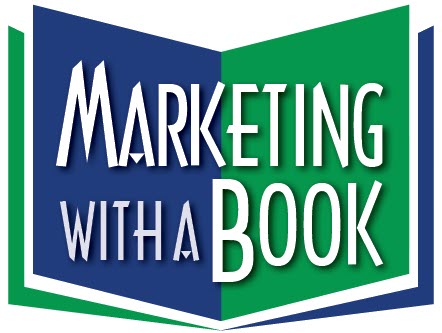Even though surveys consistently show that people would rather visit their in-laws than speak in front of a group, speeches and presentations are absolutely essential to long-term success for professionals and consultants who market their efforts with a book.
To turn books into speeches and speeches into clients, I recommend you read From Contact to Contract by Dianna Booher, CEO of Booher Consultants (a communication training firm that counts among its client list 25 of America’s 50 largest corporations and 227 of the Fortune 500). Here are just three of her valuable tips.
1. Make Subtle Mentions, Not Blatant Plugs
A conference organizer’s greatest fear is that a session will turn into a blatant sales pitch. “Your audience will protest loudly if your speech becomes a sales pitch,” advises Booher. Still, you can (and should) create subtle ways to mention your services and organization. Choose case-based anecdotes to illustrate key points that showcase your expertise. Put descriptive slogans on your handouts and other reference material. And be sure to have the person who introduces you mention your organization and establish your credibility.
2.Provide Multiple Avenues to Your Front Door
When you do land a speaking engagement, you must give prospective clients in the audience as many ways as possible to contact you afterwards. In all likelihood, Booher points out, you won’t be able to speak with each one or answer detailed questions immediately after the session. Instead, offer several methods to let them get in touch later. Put your contact information on slides, handouts, and invitations to future events. Give them a good reason to visit your Web site (offer a download of your slides or other free information). Make it easy and beneficial for the true prospects in your audience to seek you out.
3. Be Stingy With Your Business Cards
When a prospect asks you for your card after the presentation, turn the tables unexpectedly and ask for their card instead. Why? Because if you give them your card, you’re dependent on them taking the next step. Booher points out that when you have their card, you’re in control of the follow-up process. Furthermore, she says, you should avoid exchanging cards, too, because that gives a prospect reason to say “I have your contact information; if I have a need, I’ll be in touch.” What you want, of course, is the opportunity to help them understand they have the need in the first place.
